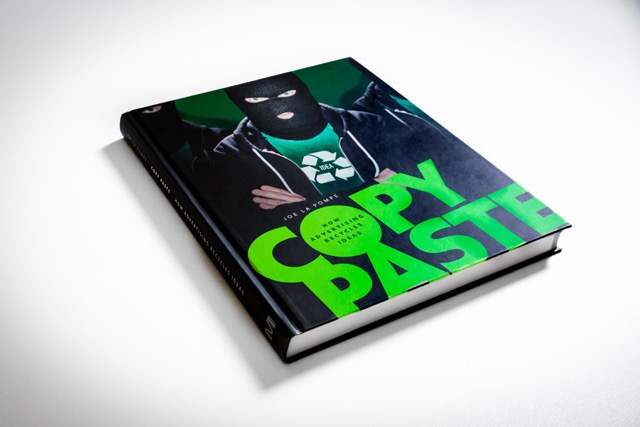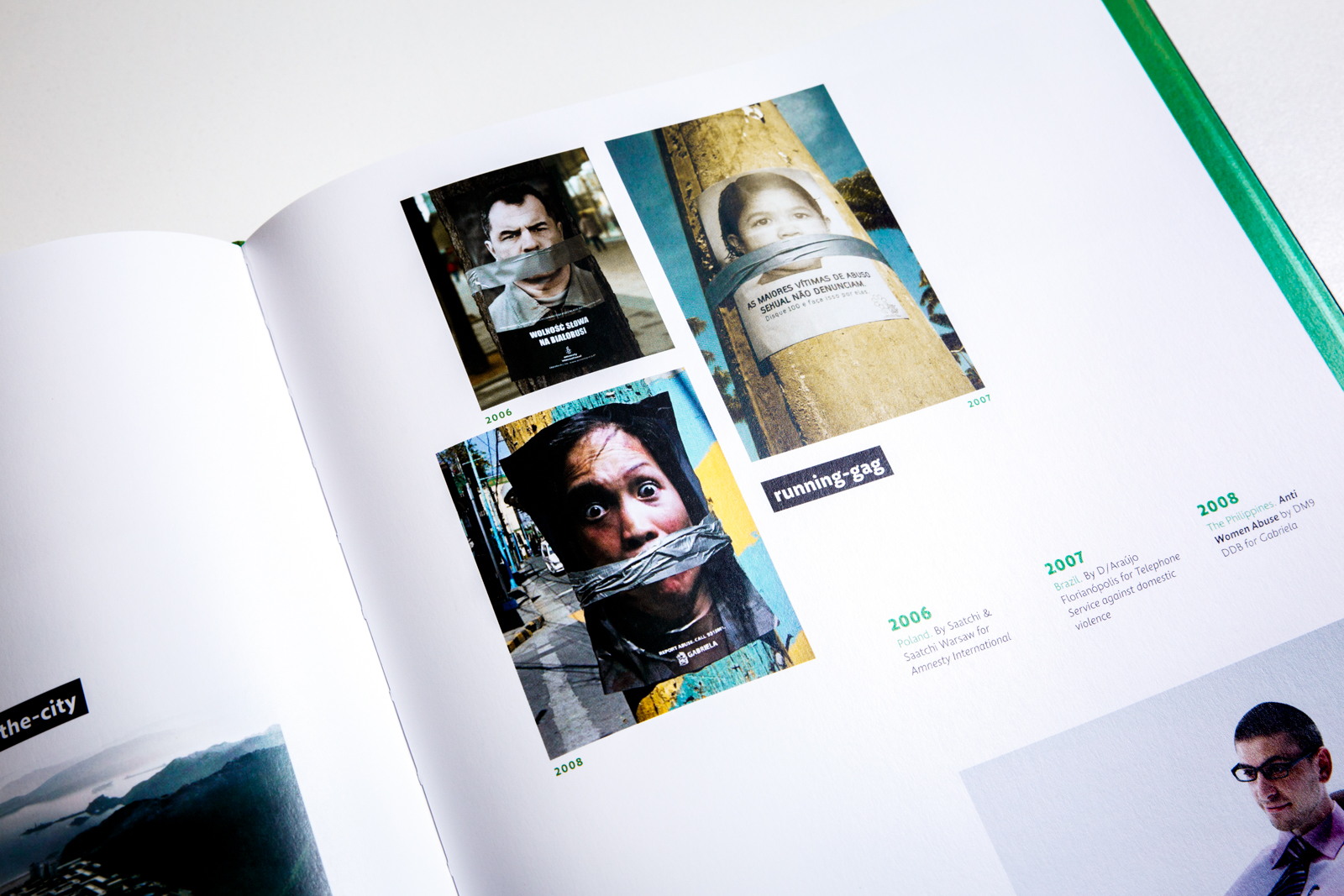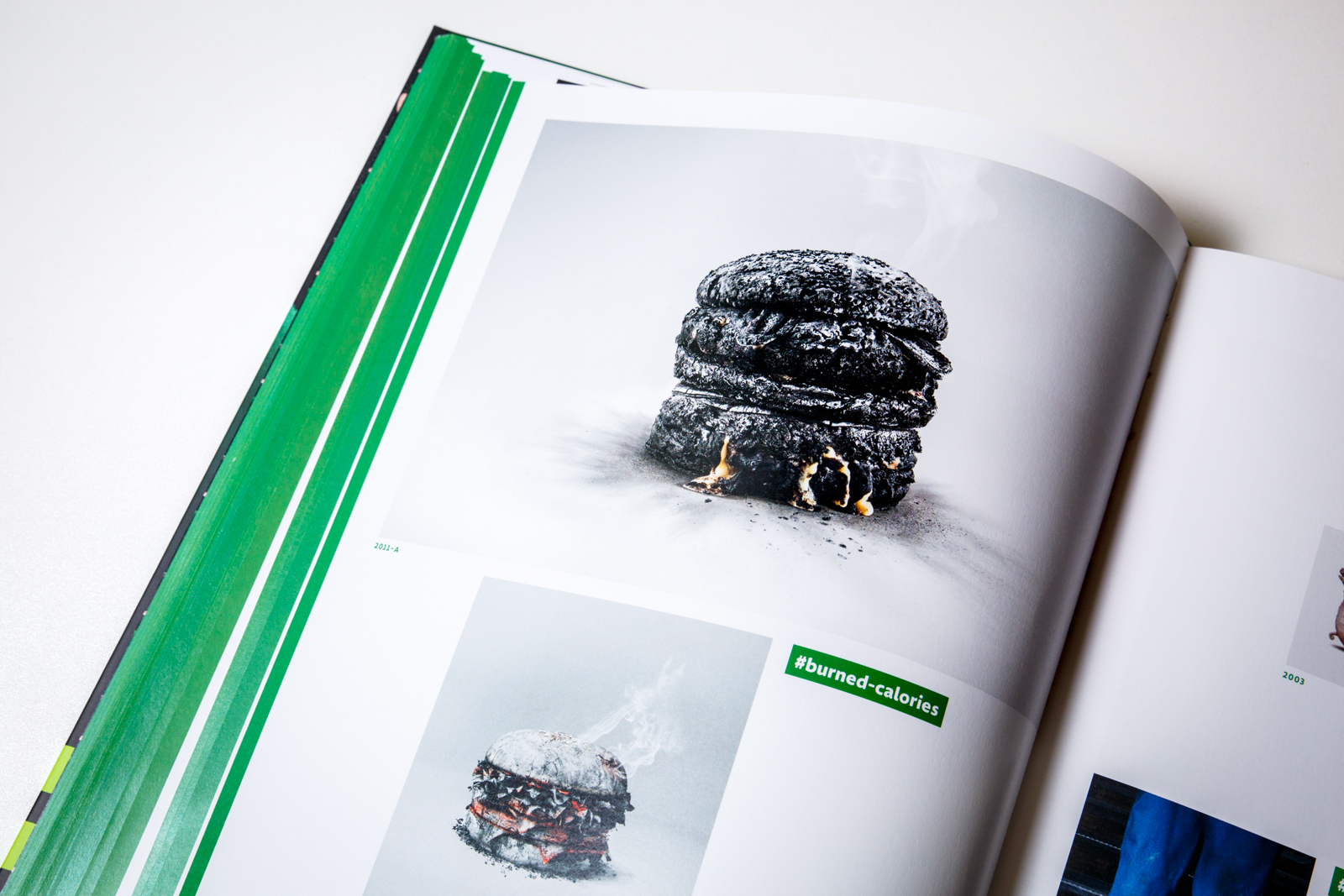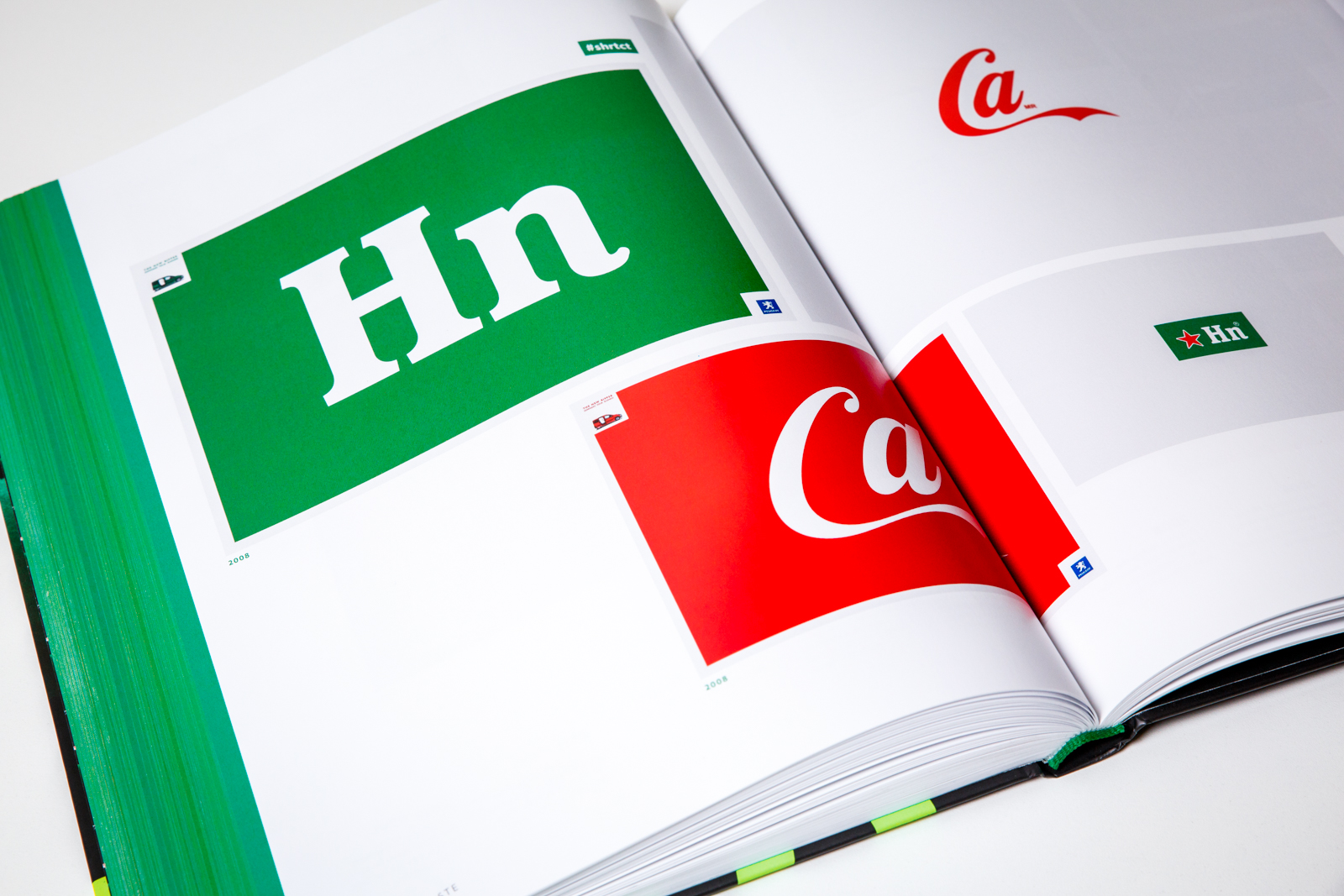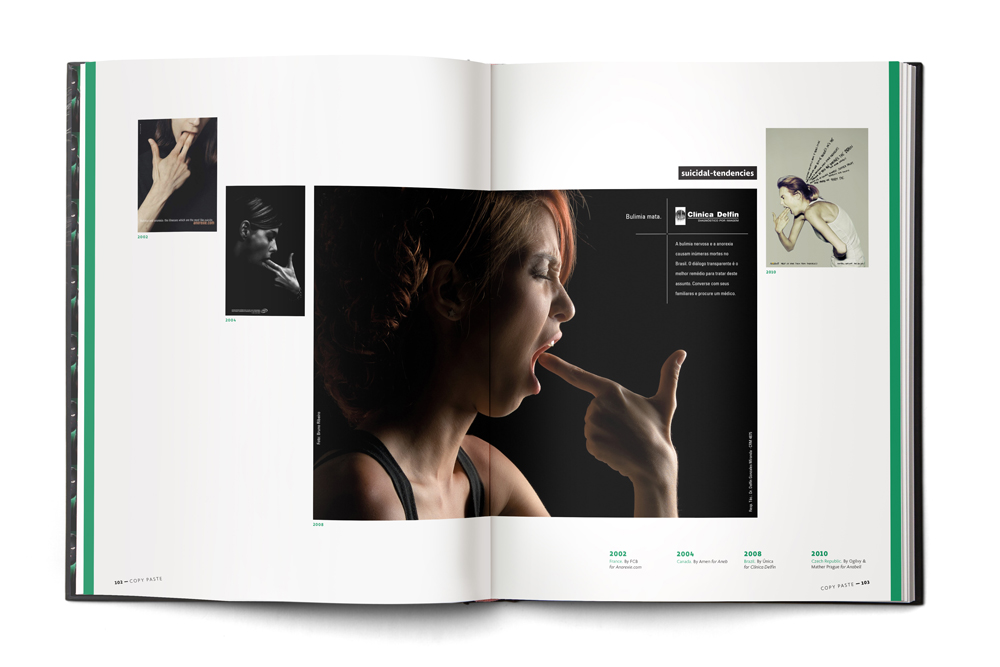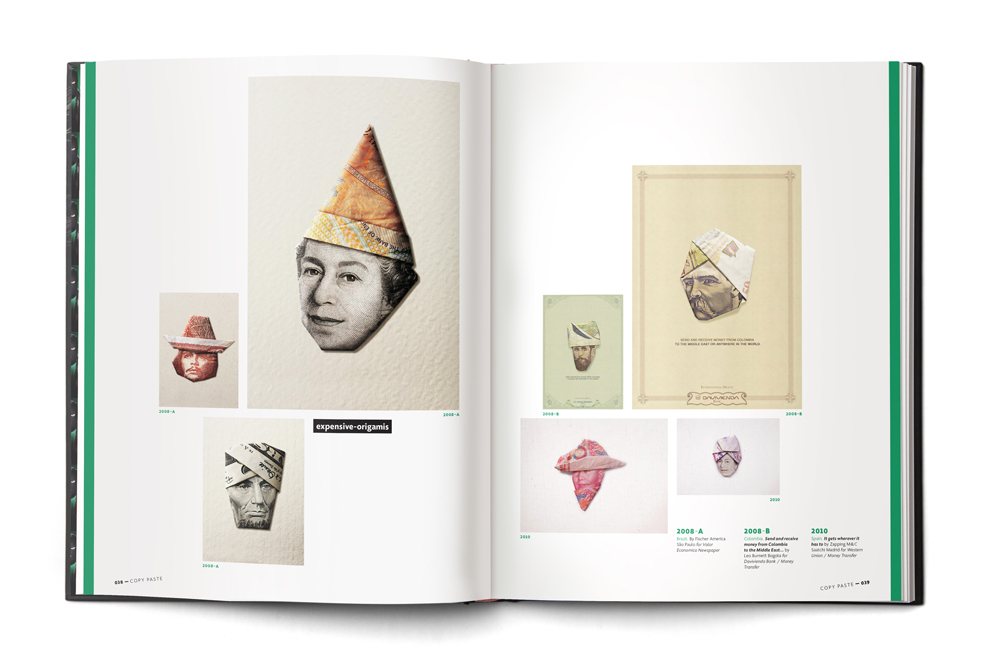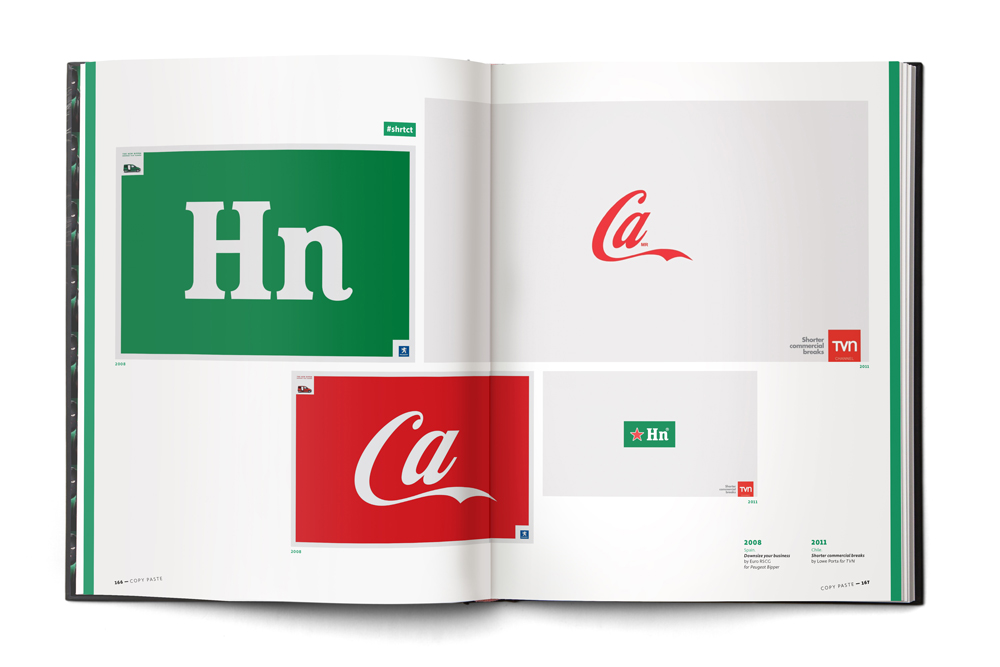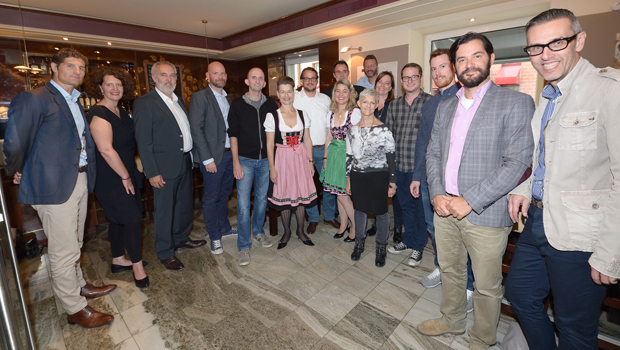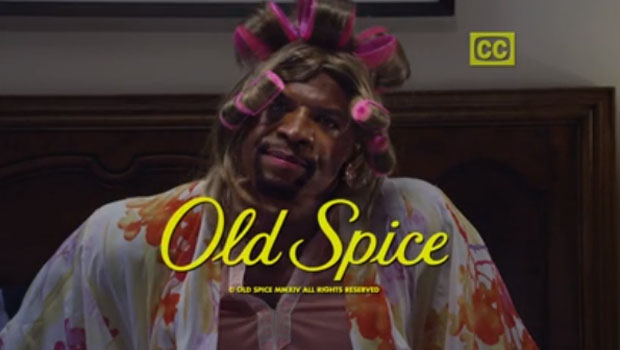Joe la Pompe, der Schrecken aller Copycats, veröffentlicht ein neues Buch. Wie in seinen ersten beiden Büchern, zeigt der Franzose diverse Werbekopien. Im Interview erzählt Joe mehr zu den Hintergründen.
Are there any other hunters of copycat ads out there in the world?
“There are a number of more or less well-known blogs and websites on plagiarism, such as Sounds Just Like 1 for music or Culture Samples 2 on the phenomenon of sampling. In the field of contemporary art and photography, we’ve got Part Nouveau 3 and Who wore it better 4, while there’s Copy Anticopy 5 for graphic design. But there’s no specialised blog for advertising. There are, however, a number of wider-ranging websites such as Adland (USA) which have sections on this kind of coincidence. I’ve seen quite a few blogs appear and disappear over the years, especially websites dedicated to plagiarism in the field of web design and logos. There’s a lot of work to be done in this field.
You publish books, give lectures, regularly contribute to specialist magazines. Has “Joe la Pompe” become a full-time job?
“It started off as a game, as a challenge. But over the years it became an increasingly time-consuming hobby. And I did it on top of my work in the advertising agency. But at a certain moment in time, it just got too difficult to work on both fronts due to the sheer amount of work.
I hesitated a few years before taking the plunge. For the last 2-3 years, I’ve devoted myself 100% to the website. Apart from updating it on a regular basis, this involves many other activities: I work with students (I work as an instructor within the Adprentis network), I cooperate with a number of magazines (CB News in France, Pub in Belgium, Cominmag in Switzerland, Adformatie in the Netherlands and Arab Ad in Lebanon), and I take part in advertising festivals to make sure they don’t give awards to ideas we’ve already seen (Epica Awards, Les Chatons d’Or…).
There are obviously people who know who you really are. What do you say to people close to you to prevent them from revealing your identity on Facebook after a night down at the pub?
“Not even my mother recognised me on the cover of my latest book (100 visual ideas, 1000 great ads)! And I tell my friends it’s all a big joke and that it’s much more fun that way. I don’t wear a mask because I’m afraid. If someone wants to speak to me or meet me, that can always be arranged… or not. It depends on what he (or she) wants.
But your mother, she must think you’re an original. No?
“My mother is an artist, a true one. She makes a living out of her art. And what’s more, she doesn’t hide behind a pseudonym. Without doubt she instiled in me a certain curiosity as well as a taste for originality and creation. To be quite honest, I resemble quite a lot of people of my generation (the generation X – there’s a clue for you). Like me, my persona makes no claim to be unique or inimitable – a great difference to the ads featured in this book: they were all presented as original, innovative and ‘firsts’ when they came out. To start with, that was false. And even worse, they sought to be rewarded for it. You know, when you have twins in nature, there’s nothing you can do about it. But when you give birth to an ad (or any other work, whether artistic or not), you always have the opportunity to check whether it existed beforehand or not.
You defend creativity and originality. At school, were you that kind of kid who covered up his work with his hand to prevent his fellow from copying his work?
“Ahah! What I’m doing now actually developed much later in life. But all of us have ‘cheated’ at some point in our life. We’ve all copied from our neighbour, we’ve all used crib sheets… By the way, I read that Aristotle saw copying as the only real way to learn things, to understand them in order to be capable of creativity. (Propos sur l’art de la copie, Éditions L’Art-Dit). It’s not my business to say whether it’s bad or to make any judgement. But I’m quite amused to find that multinational companies’ (whether advertising agencies or client companies) creative investments don’t match their ambitions. ‘Be different’, ‘Don’t imitate, innovate!’… They call themselves original, but don’t live up to the expectations. At school, we didn’t bother about being original. We just wanted to pass our classes!
You’ve already said that malevolent people have perhaps visited your website to pick up good ideas and adapt them to their own needs.
“I’ve heard people say several times that my website is a great source of inspiration. I don’t really know whether I should take this as a compliment. If you understand ‘adapt them to their own needs’ as giving them added value, recycling them in an intelligent manner, then I would agree with this approach.
Do you mean that, as with fashion, something new can be made out of something old?
“Obviously, you’re entitled to do so. In fact, that’s nearly always what’s done. But do we really have to ‘do something new’? We no longer invent. All we do is reinvent. Unfortunately, the vast majority of examples in this book don’t actually reinvent anything. And that’s what I’m denouncing.
At the end of the day, what’s better – a good copy or a bad ad?
“Anything’s better than a bad ad! But I’m not going to tell you that it’s better to be a copycat, even if you’re crafty. I could never condone a lazy repeat, even if similar to a very good campaign.
You’re always saying that you’re not judging, that you’re leaving that up to the reader. But the man behind the mask, doesn’t he have a deep-rooted opinion?
“I’m not going to severely judge any particular person or agency. But on the other hand I am very critical of the profession as a whole, which permanently gives the impression of reinventing itself (with new digital approaches, augmented reality, big data, the social media) and yet continues to work the same way it has always worked, without doing anything about the problem of copying or the way it can be fought. This problem is being permanently swept under the carpet, side-lined, although, in my opinion, it’s a key issue. My book shows the extent of a problem that is affecting everyone.
In the copycat world, is there any country which particularly stands out?
“Generally speaking, it’s not so much a matter of country, but rather a lack of experience. The younger the creative people are, the more they lack culture and the more they tend to reuse what already exists. One day, Rémi Babinet (BETC) told me that ‘creative people generally have an active memory of about two years’. Young people belonging to generation Y or Z think they are doing something new just because they’re using media that didn’t exist a few years ago (Facebook, Twitter, etc.), meanwhile I’m permanently castigating them for recycling jokes and puns that have existed for decades. This generation bottle-fed on the Internet was called the ‘cut and paste’ generation in a documentary that I recently saw on TV. These days, it’s easier than ever to go onto the web and to make a copy paste.
I’ve kept the most important question for the end. Since you’ve been putting your foot down, have you noticed more awareness on the part of creative people? You say that a number of agencies ask you for advice before launching a campaign. That’s major. But generally speaking, what’s the trend? Are we seeing less copying? Do you think that the advertising profession may one day stop copying? Or are you a Don Quixote fighting against windmills?
“I use to naivly think that, the more my website gained visibility, the fewer examples I would find to castigate. Unfortunately, it’s actually quite the oposite. Needless to say that it’s an issue. Either everybody’s hiding behind a mask, or nobody knows how to remedy the situation. It’s probably both. It’s a phenomenon which will never completely disappear and a mere blog is not going to put a stop to it. But otherwise my fight is not in vain: the awareness is there, and people have become afraid of getting caught. While it’s so easy to copy via the Internet, there’ll always be someone on social media making a comment, triggering you to take action. From now on, whether I’m here or not, no copycat can be sure of getting away with it. And that’s very different from the days when I started, when whole creative careers could be entirely based on copying without anybody knowing. And that makes me quite optimistic.”
© Joe la Pompe
© Interview: Jérôme Rudoni

